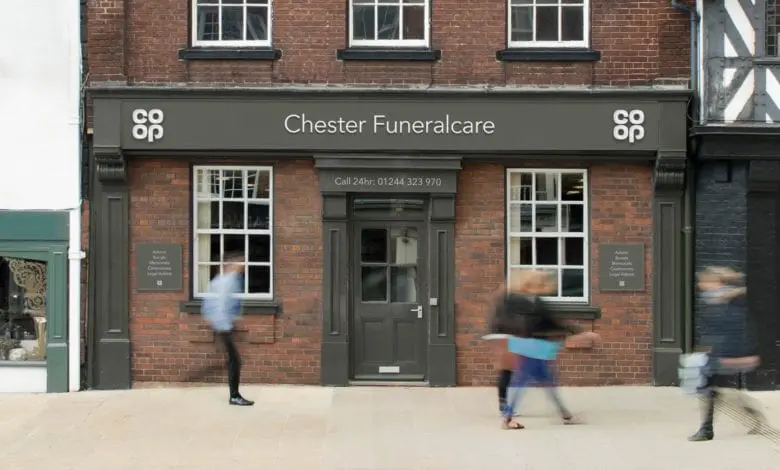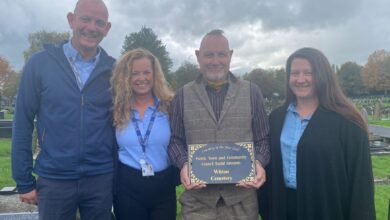Assisted dying bill prompts more open talk about funeral planning
The survey found that two-fifths of respondents now feel more comfortable talking about death

Register to get 1 free article
Reveal the article below by registering for our email newsletter.
Want unlimited access? View Plans
Already have an account? Sign in
Public debate around the assisted dying bill has encouraged about 21 million adults – 39% of the population – to talk more openly about death and bereavement, research commissioned by Co-op Funeralcare suggests.
Co-op’s survey found that discussions sparked by the bill and related media coverage have helped them speak more openly about losing a loved one. Two-fifths of respondents said they now felt more comfortable talking about death.
The findings come ahead of the bill’s second reading in the House of Lords. According to the research, 41% of people had debated the legislation with friends or family, while nearly half said it had prompted conversations about funeral wishes. Younger people were particularly engaged: more than a third of 16 to 24-year-olds said the bill had helped them to discuss their wishes.
The survey also found that the debate had encouraged some to take practical steps in later life planning. One in eight adults had purchased a funeral plan, nearly one in five had made a will, and one in seven had taken out a life insurance policy.
Among 25 to 34-year-olds, almost a third said the discussion had prompted them to make a will, while one in six had set up a lasting power of attorney.
Gill Stewart, managing director of Co-op Funeralcare, said: “Our findings reveal that the assisted dying bill and the public discourse around it has been a catalyst in helping people to talk about difficult topics such as death and bereavement, as well as later life planning.
“We welcome the fact that the bill has helped to remove the stigma around these important conversations and empowered people to take steps to plan for later life.”
Stewart added that discussing bereavement could help people manage grief, while making clear funeral and later life arrangements could ease the burden on relatives.







